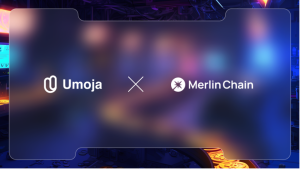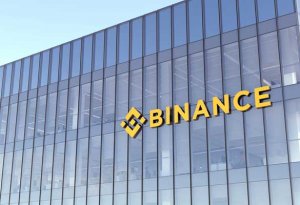The FX industry is post-ESMA, and is now battening down the hatches for an ASIC onslaught – Op Ed
“Being able to tailor a product specifically to your client base is not the only reason a broker will choose to have a proprietary platform. It increases the Intellectual property of the firm” says technology expert Hugh Palmer

Hugh Palmer is a Bristol-based expert in financial markets technology and infrastructure, having led order routing and communications projects at BT Radianz, as well as trading server and operating systems migrations from the early 1990s IBM Middleware days, all enterprise versions of Microsoft, including connectivity to venues at major banks and as a consultant to the ‘big four’ professional services companies.
The CFD/FX industry seems to be shaking off ESMA changes and battening down the hatches for any ASIC onslaught. Publicly listed firms have all offered reasons to think the worst is behind them.
IG announced that new “knockout” options are proving successful to its Japanese operations, the “Turbo 24” through its Spectrum subsidiary is ahead of expectations, and continuing to increase its product range on its proprietary trading platform keeps professional and non-professional clients connected to new trading opportunities.
Plus 500 boasted how client churn levels are at record lows thanks to 100 new products and developments in its web interface and CMC stress how they should no longer be considered a CFD brokerage, but a tech firm such is the success of their joint venture with ANZ stockbroking.
At that time, CMC Markets CEO Peter Cruddas remarked that “Our platform technology means we are an attractive proposition to a wide array of experienced clients and institutional partners around the world.”
It’s clear what they all have in common. All listed brokerages, alongside their third party platform offers such as MT4, have control over a proprietary platform. Having this proprietary platform affords them several key advantages.
· Their service is uniquely and identifiably theirs and theirs alone, improving client stickiness and meaning they are less likely to leave. Once a client has invested time and energy in learning how a particular platform works, understandably they are reluctant to leave to learn a new system. They can’t just have the same experience at another broker.
· It allows the broker to compete on technology – not just on price
· They remain able to add and change the service to react to changing client, market and regulatory demands. For example, Singapore brokers who control their own platform have been quick to offer guaranteed stops as a way to decrease margin, in order to mitigate leverage reductions.
One of the reasons brokers tend to shy away from the commitment of building their own trading infrastructure is cost. Peter Cruddas has gone on record saying the cost of the next generation platform was upwards of £100m.
Dan Moczulski of Star Financial Systems, a firm that supplies front, middle and back offices to brokerages suggests not all firms need to commit to that amount. “Early last year, one of our clients created, tested, and launched a trading interface, based on our APIs within four days, going live to clients 5 days after viewing our API documentation” he said.
He continues “We appeal to start ups, straight through to large established brokers, as we allow them to concentrate on the client. The trading interface, be it mobile, desktop or web defines their clients experience. Here at Star we provide the boring bits, the price engines, the margin engines, and the back office reporting modules”.
Being able to tailor a product specifically to your client base is not the only reason a broker will choose to have a proprietary platform. It increases the Intellectual property of the firm. It’s no coincidence that all listed brokers have their own unique platforms as investors simply find it easier to invest in a firm that has some control over the technology it uses to engage with clients.
The subject matter and the content of this article are solely the views of the author. FinanceFeeds does not bear any legal responsibility for the content of this article and they do not reflect the viewpoint of FinanceFeeds or its editorial staff.









